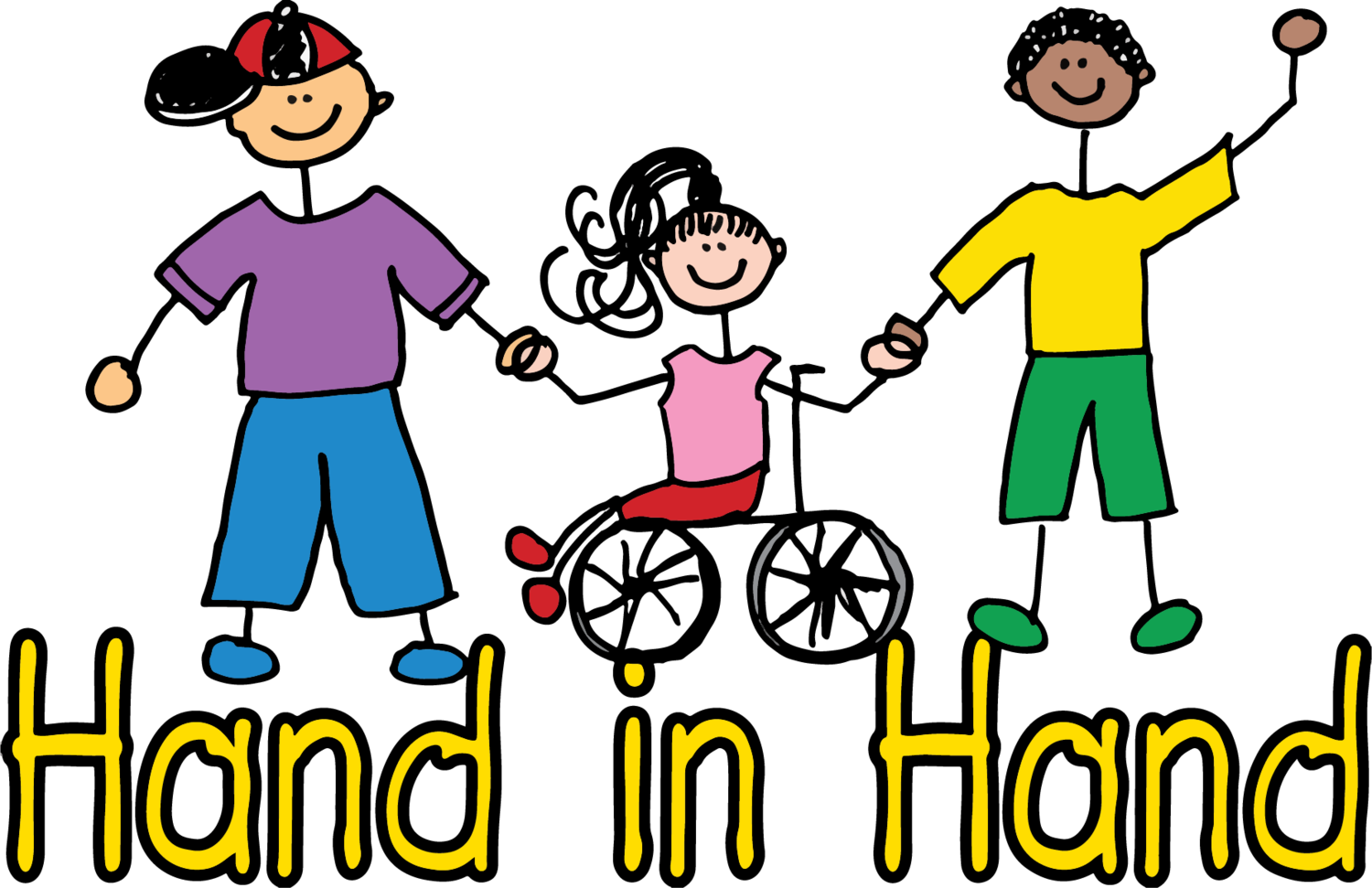Why is the autism community shifting from awareness to acceptance?
According to the CDC, autism is identified by a range of conditions, which may affect how individuals behave, communicate, interact and learn. Approximately 1 in 44 children is diagnosed with autism and more than 2% of adults are estimated to live with autism spectrum disorder. [1]
Last March, the Autism Society of America, along with other major disability organizations across the country, announced that they were formally changing the name “Autism Awareness Month” to “Autism Acceptance Month”. The purpose of Autism Awareness Month was always to empower individuals with autism, but the terminology change calls for autism acceptance and gives space to improve support and opportunities in education, employment, healthcare, social programs, and more.
The Autism Society began a national awareness campaign in the 1970s that was adopted by Congress in 1984 and strengthened by the release of the autism awareness ribbon in 1999. The Society launched a project to study brain tissue in 1976 and formed a Foundation focused on applied research in 1996. The first national conference on autism was convened by the Autism Society in 1969 and the organization has had individuals with autism serve on its Board of Directors and in other key decision-making roles since the ’80s. [2]
The Autistic Self Advocacy Network has been framing April as Autism Acceptance Month since 2011, stating “Acceptance of autism as a natural condition in the human experience is necessary for real dialogue to occur.” [2] Though autism awareness is certainly important, the shift in focus to autism acceptance allows individuals with autism to develop a strong support system, open a dialogue about autism, and celebrate their differences. Focusing on autism acceptance breaks down barriers and opens a space for inclusivity.
"Awareness is knowing that somebody has autism," Christopher Banks, president and CEO of The Autism Society said. "Acceptance is when you include (a person with autism) in your activities. Help (them) to develop in that community and get that sense of connection to other people." Educational and social programs are vital to improving the opportunities of those with autism. Encouraging inclusive employment, living and social environment can help in the acceptance of the autism community, Banks said. "We believe that through creating connections, we empower everyone in the autism community with the resources to be able to live fully.” [3]
The Autism Society is calling for some key changes in autism acceptance this year. First, they’re working to improve first responder training. Adequate first responder training will allow for less injuries and fatalities within the autism community due to improper use of excessive force. Training will prepare emergency personnel to interact with neurodivergent individuals for safer and peaceful outcomes. Because people with intellectual disabilities are six times more likely to die from COVID-19,
The Autism Society will also focus on COVID-19 response and have launched a Vaccine Education Initiative. Lastly, The Autism Society is focusing on employment advocacy. Up to 85% of Autistic adults with a college education are unemployed, and over 70% of adults with Autism are underemployed or unemployed. [4] When supported through inclusive employment, autistic and neurodiverse individuals’ skill sets can grow and given the current labor shortage, this is something that would benefit most employers.
The shift from autism awareness to autism acceptance is a step in the right direction toward promoting inclusivity and improving the lives of individuals with autism.
[1] Center for Disease Control, https://www.cdc.gov/ncbddd/autism/facts.html
[2] Autism Society, https://www.autism-society.org/about-the-autism-society/history/
[3] USA Today, https://www.usatoday.com/story/news/health/2022/04/02/autism-acceptance-month-name-change/7243001001/
[4] Autism Society, https://autismsociety.org/the-autism-society-of-america-invites-you-to-celebrate-differences-during-aprils-autism-acceptance-month/

